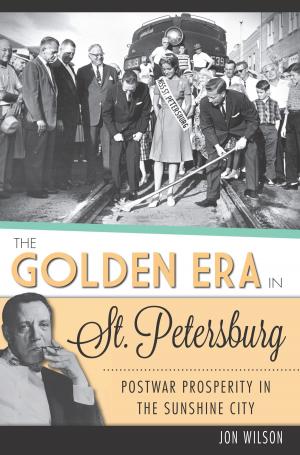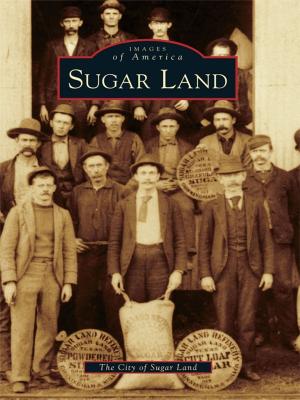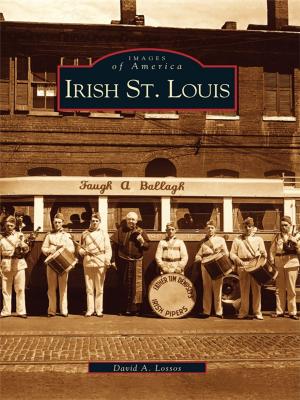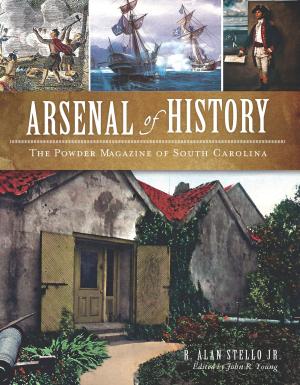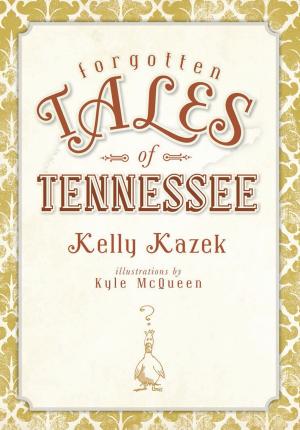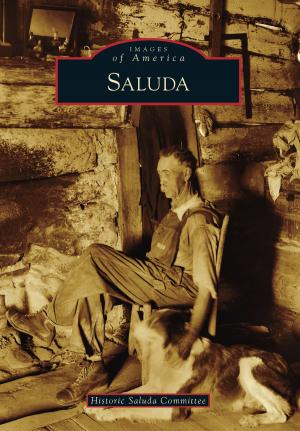The Union Cavalry Comes of Age: Hartwood Church to Brandy Station, 1863
Nonfiction, History, Military, Pictorial, Americas, United States, Civil War Period (1850-1877)| Author: | Eric J. Wittenberg | ISBN: | 9781439660072 |
| Publisher: | Arcadia Publishing Inc. | Publication: | January 9, 2017 |
| Imprint: | The History Press | Language: | English |
| Author: | Eric J. Wittenberg |
| ISBN: | 9781439660072 |
| Publisher: | Arcadia Publishing Inc. |
| Publication: | January 9, 2017 |
| Imprint: | The History Press |
| Language: | English |
The Army of the Potomac's mounted units suffered early in the Civil War at the hands of the horsemen of the South. However, by 1863, the Federal cavalry had evolved into a fighting machine. Despite the numerous challenges occupying officers and politicians, as well as the harrowing existence of troopers in the field, the Northern cavalry helped turn the tide of war much earlier than is generally acknowledged. It became the largest, best-mounted, and best-equipped force of horse soldiers the world had ever seen. Further, the 1863 consolidation of numerous scattered Federal units created a force to be reckoned with--a single corps ten thousand strong. Award-winning cavalry historian Eric J. Wittenberg chronicles this story, debunking persistent myths that have elevated the Confederate "cavaliers" over their Union counterparts.
The Army of the Potomac's mounted units suffered early in the Civil War at the hands of the horsemen of the South. However, by 1863, the Federal cavalry had evolved into a fighting machine. Despite the numerous challenges occupying officers and politicians, as well as the harrowing existence of troopers in the field, the Northern cavalry helped turn the tide of war much earlier than is generally acknowledged. It became the largest, best-mounted, and best-equipped force of horse soldiers the world had ever seen. Further, the 1863 consolidation of numerous scattered Federal units created a force to be reckoned with--a single corps ten thousand strong. Award-winning cavalry historian Eric J. Wittenberg chronicles this story, debunking persistent myths that have elevated the Confederate "cavaliers" over their Union counterparts.




